Ready to learn more?
Get all the details straight to your inbox!
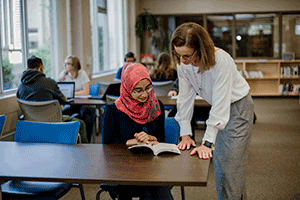
Luther College is recognized for its high standards of teaching, focused research, and one-on-one academic advising. We value and protect this heritage of excellence in scholarship, freedom of inquiry, and faithful seeking after truth.

Luther College offers Bundles programs that group together first-year students and classes to give you a great start and help ease the transition from high school to university.

Luther students can register in Arts, Science, or Media, Art, and Performance. Luther students are U of R students and receive a U of R degree.
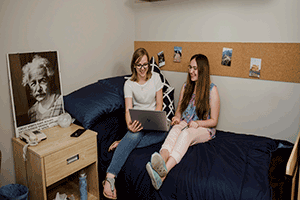
Our student residence, The Student Village at Luther College, welcomes residents from ALL post-secondary institutions in Regina. Rooms come with a meal plan, free laundry, free wi-fi, and a great sense of community.

Smaller class sizes at Luther College means more individualized attention and better connections with your professors, classmates, and academic advisors.
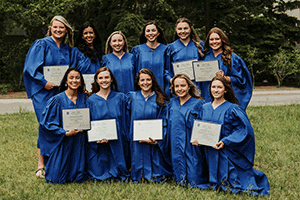
Luther College students are U of R students and receive all the same benefits. Upon graduation you will receive a U of R degree.
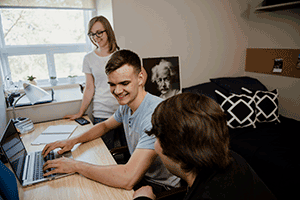
Wondering where to live? Our student residence, The Student Village at Luther College, is considered a great choice for first-year student accommodation. Individual private rooms mean you can stick to your own schedule and you never have to deal with roommate hassles.
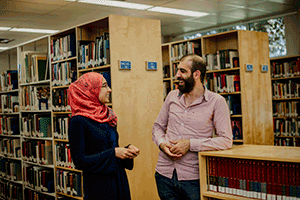
The Luther Library has over 24,000 items in its collection, 5,000 books checked out per year, and 7,000 students who come through its door per month.
Get all the details straight to your inbox!
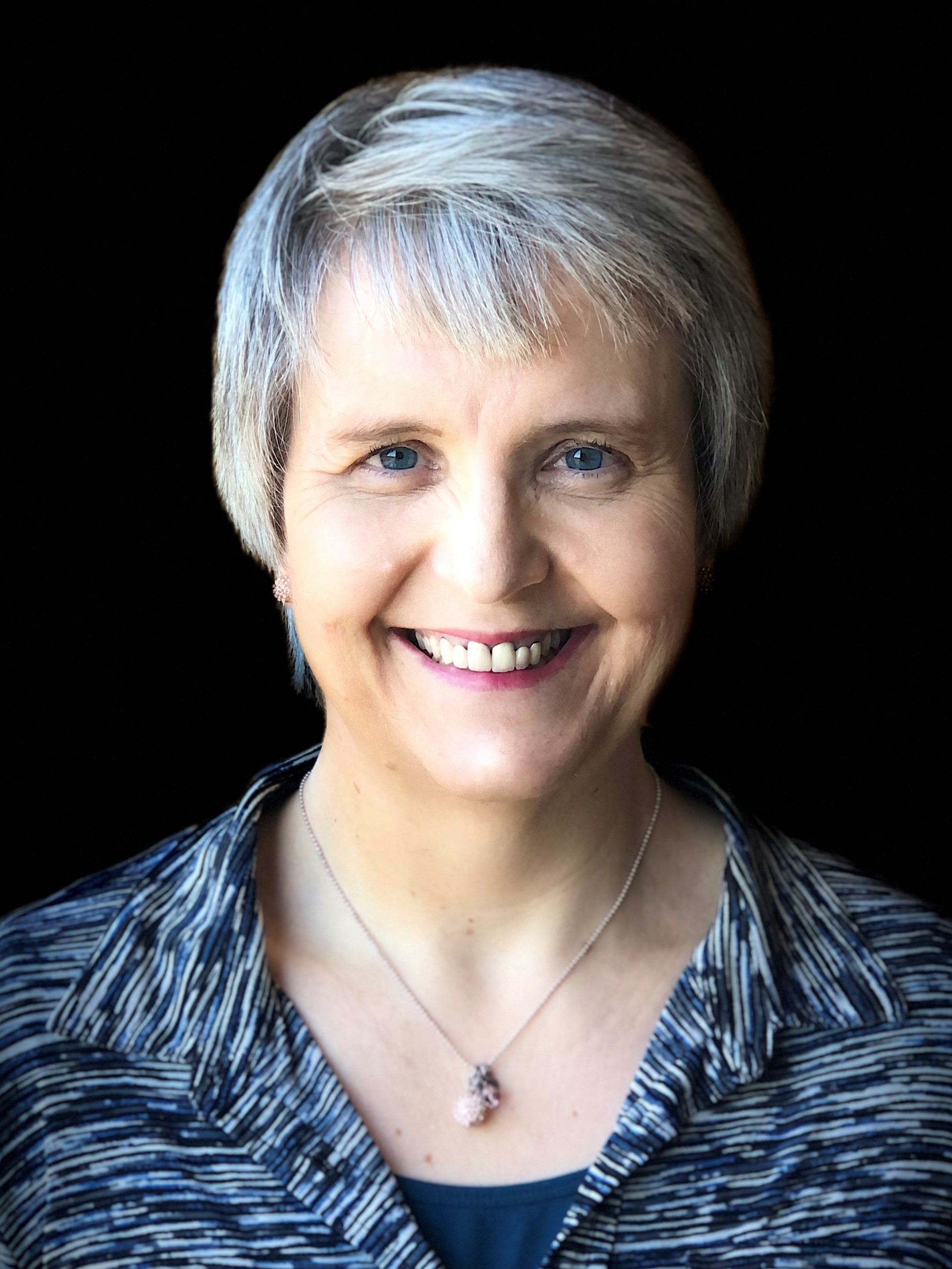
Dr. Reul is a full professor of musicology and enjoys teaching a variety of music courses at Luther College, ranging from music appreciation classes to graduate reading courses. Dr. Reul’s main area of expertise is Baroque music, specifically musical life at the court of Anhalt-Zerbst, the German childhood home of Catherine the Great, and the life and works of Johann Friedrich Fasch (1688-1758), a contemporary of Bach and Handel. Dr. Reul is passionate about archival research and has presented her research all over the world in both English and German (see her publication list below). Dr. Reul was the recipient the International Fasch Prize in 2005 and served as the President of the International Fasch Society from 2008 to 2011 and as its Vice-President from 2015 to 2019. Dr. Reul has regularly contributed articles to the Fasch-Studien series and co-edited several volumes, most recently Musik in Anhalt-Zerbst (vol. 15, 2019). Together with Ruth Tatlow, she co-edits Discussing Bach, a new, peer-reviewed multi-media journal of the Bach Network (2020 –). Dr. Reul has also served as the head organist and choir accompanist at Our Savior’s Lutheran Church in Regina, SK, for many years.
Finally, Dr. Reul is a proud cancer survivor whose open access memoir-textbook, Perfect Timing – Recollections on coping with cancer during a pandemic, was published in December 2021. This lived narrative was shortlisted for two 2023 Saskatchewan Book Awards (1. Ministry of Parks, Culture, and Sport First Book Award and 2. City of Regina Award). You can read the jurors' comments here. The sequel, Right on Time – Healing from cancer during a pandemic, was published on the University of Regina's Open Educational Access platform in December 2023.
MU 100 – Introduction to Music (Fall 2024, M/W/F, 12:30-1:20 pm, LC 209/Auditorium; fine arts elective; no musical background needed)
MUHI 202 – Survey: Post-1750 to Modern Period (Fall 2024, M/W/F, 9-9:50 am, LC 202; for B.Mus. and B.Mus.Ed. students only)
MUHI 203 – Survey: From Chant to Baroque (will be offered in Winter 2025)
MUHI 305 – History of Canadian Music (to be offered in Fall 2025)
MUHI 415 – History of Performance Practice (will be offered in Winter 2025)
MUHI 417AA – The Story of Opera (last taught in Winter 2024)
MUHI 418 – Music, Women, and Culture (last taught in Winter 2023)
MU 815 – Graduate Bibliography (last taught in Winter 2024; for graduate students only)
List of publications by Barbara M. Reul (in English and in German) current as of May 2024. Please email barbara.reul@uregina.ca if you are interested in specific articles and do not have access to electronic databases or print publications through your university library or are an independent scholar. Click on the hyperlink for Gottfried Gille's Fasch-Repertorium (2019).